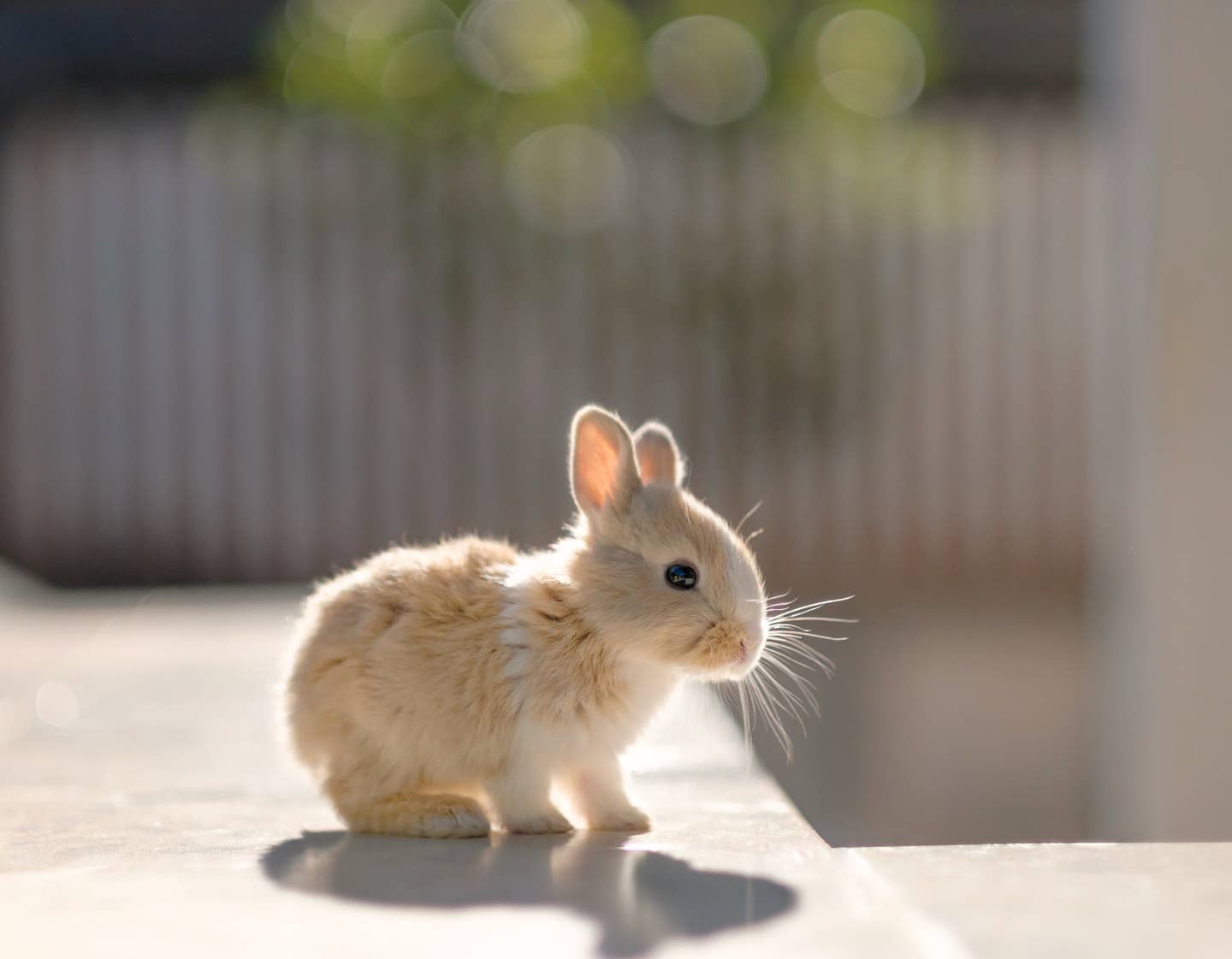
Maine Becomes Sixth US State to Ban Cosmetic Animal Testing
Maine just passed legislation that will make it the sixth state to completely ban cosmetic animal testing. Governor Janet Mills signed LD 1551 into law, banning the sale of cosmetics tested on animals across the state. The bill was sponsored by Representative Vicki Doudera (D-Camden) and will ban all products using animal testing, making it illegal for any retailer or manufacturer to deal with products involving cruel practices. The bill will go into effect on November 1st of this year.
“Not only is the practice of testing cosmetic products on animals inhumane, it is unnecessary,” Doudera said. “Cosmetics companies have the ability to use existing ingredients with a history of safe use and can choose from a wide range of new, non-animal testing methods. These new methods not only spare animal lives, but they also represent the best that science has to offer and can provide data more relevant to human exposure, ensuring that cosmetics are safe. Maine should be proud to be the sixth state to pass a law to ban this inhumane treatment.”
This bill comes three years after California became the first state to pass cruelty-free cosmetics legislation. In 2018, California passed the Cruelty-Free Cosmetics Act that banned the sale of animal-tested cosmetics on January 1, 2020. Shortly thereafter, Illinois and Nevada passed legislation to ban the sale of animal-tested cosmetics. Hawaii’s governor David Ige signed the Hawaii Cruelty-Free Cosmetic Act into law in April, becoming the fifth state to successfully enact this ban. In 2021, Virginia and Maryland worked to ban cosmetic testing and the legislation will go into effect on January 1st of 2022.
“Maine has now joined the growing number of states that have acted to end the needless suffering animals endure to test cosmetics,” Maine state director of the Humane Society of the United States (HSUS) Katie Hansberry said. “With many new methods for product testing, there is simply no need to harm any animals for the sake of lipstick or blush. Thank you, Representative Doudera for sponsoring this bill and Governor Mills for signing this important bipartisan legislation.”
Cosmetic testing occurs all over the United States and across the globe. The cosmetic testing typically leaves animals with deformities that can not be properly treated. Some side effects include blindness, deafness, and maiming. The entire cosmetic industry is moving away from these practices, especially following the pressure of the state legislation.
Federally, cosmetic bans remain in talks that inch closer to real legislation. The Humane Cosmetics Act was drafted in 2019 in a bipartisan effort to address cosmetic animal testing. Vegan Senator Cory Booker (D-NJ) has been extremely vocal about animal testing across the entire United States market. The Humane Cosmetics Act has gained support from nearly 900 companies, pushing the legislation forward in the United States Congress.
Outside of legislation, several companies have independently moved away from animal testing. Cosmetic giant Procter & Gamble has worked with PETA over the recent years to attain cruelty-free certification for its Secret deodorant brand and its Herbal Essences hair care brand. Beyond that, Unilver successfully achieved PETA cruelty-free certification. This March, Garnier managed to become the largest multinational company to receive the Cruelty-Free Internation’s Leaping Bunny certification, however, its parent company L’Oreal continues to test on animals.
More From The Beet






